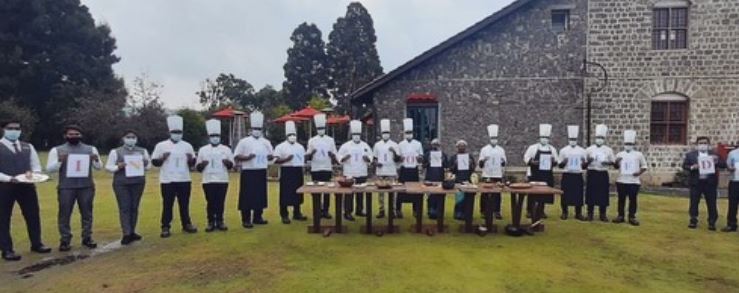(June 26, 2024) Singer-songwriter, music supervisor for Bollywood films (Gully Boy, Gehraiyaan and The Archies and Coke Studio Bharat), poet, lyricist, label and music entrepreneur, Ankur Tewari wears many hats. In 2023, he released his album Akela, launched a new record label Tiger Baby Records, released a children’s music EP Aaja Nindiya, worked on Coke Studio Bharat and more.
Early life in Roorkee
Tewari grew up in small, university town of Roorkee, which is a university town. His father was a professor in the university and his growing up years were spent on campus so there was a lot of interaction with young students, listening to the music they were playing, playing games and sports as they were playing games, sports and growing up in the world of mix tapes.
While Tewari did not receive formal training, music, he tells Global Indian, “was an interesting way to get attention when you were in school, and it was also because I started writing songs very early when I was in school. At that time, songs were just about some random rhymes put together but I soon discovered that you could tell your stories through songs.” He began creating more lyrics, and would get together with his friends to make music and write songs. “It was just a way to hang out together,” he reminisces.
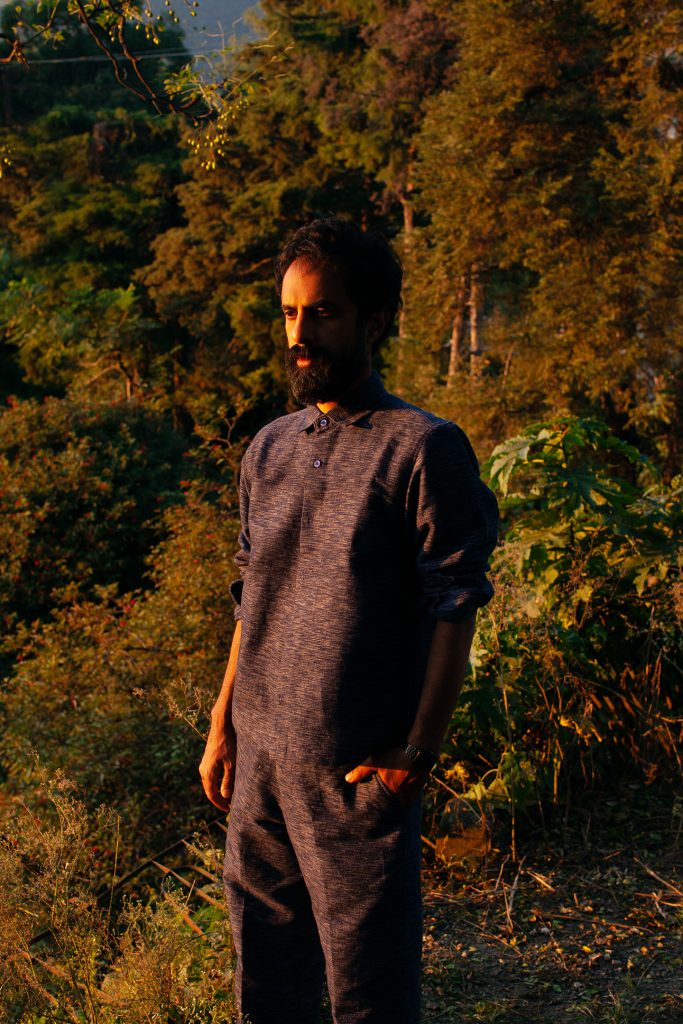
Ankur Tewari; Photo: Prarthna Singh
Musical Journey
One of his first career milestones came when he worked with Colonel RK Kapoor (Fauji-fame) who gave him his first break with Ek Aur Fauji. “I worked on my first movie project Let’s Enjoy, as a director with Siddarth Anand Kumar. I wrote the song ‘Sabse peeche hum khade’ which got a lot of interesting attention. So that was very interesting for me as a musician and singer,” he says. And apart from that, it’s been a slow and steady journey from his first album Jannat to the second album, Side A/ Side B, and ultimately to working on Zoya Akhtar’s Gully Boy, for which he received a Filmfare Award. Then came The Archies and Kho Gaye Hum Kahaan. He went on to work on his own music and released his album, Akela, last year and started a music label, Tiger Baby Records, where he could kind of make place for younger artists.
Pandemic Cues
Part of the Indian independent music scene since 1998, Tewari has always multi-tasked in the world of music. Akela was an album that came out of the panic of the lockdown. “It was like everything you had achieved and secured, everything that was finally going right, toppled. I came face-to-face with a feeling of loneliness and insecurity. And that was the impulse for writing Akela,” Tewari explains. During the pandemic, he wrote the songs and began designing the palette for the album.
Tewari admits he likes leaving Easter eggs in all his works, to remind himself of that time. “So the songs that I wrote in 1998, if I sing them now, those images and visuals, people, places come rushing to me. It’s like a timeline of my life. My work is my autobiography. Similarly, Akela will always bring me back to 2020, and how I felt,” he avers.
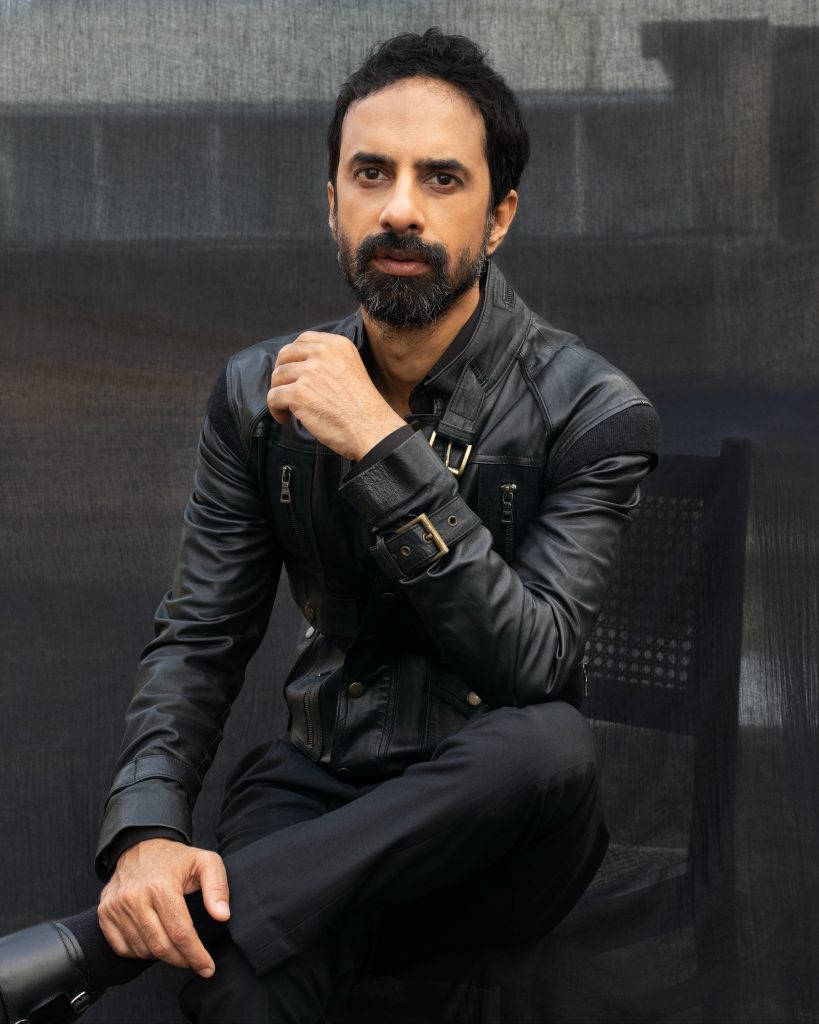
Life Mantra
Away from the arts, Ankur has offered his time to several NGOs and non-profit organizations. “People, incidents, failures are all what motivate me to learn new and better ways to deal with life. A big motivation factor is that life comes full circle for people, and you crave for that to happen for you, in what you’re doing, in whatever is happening in your life. My advice would be not to take advice from anyone, and just follow your heart because somewhere in your gut you know what is correct for you,” he says.
For him, many times the best way to overcome challenges is to try and convert all your challenges to your work. “Write songs about it, write stories about it. Try and see if you can really get to the root of what you really want to know and how you want to, you want to tackle it and recalibrate yourself to address the same issues facing you,” he adds.
Immersed in Music
Tewari also says that he does not like having free time. “For me, my work doesn’t feel like work, so I kind of find a lot of peace in music. I try to immerse myself in the world of music as much as I can. At the same time, I love travelling and meeting new people, I love reading. Books are my constant companion so reading and plotting songs while I’m reading is my favourite pastime,” he says.
Likewise, he believes that you learn every day. “I have never been to film school or music school, so every time you do a project you learn something new. You learn about people, you learn about human relationships, human behaviour which is kind of amusing as well. You try and learn every day and unlearn every day,” Tewari remarks.
Ankur Tewari is toured the US in April 2024, and excited to reach out to a new audience. “I don’t think too far ahead into the future, it’s not something that excites me. All I know is that I’m interested in working on projects that can reach a global audience,” he signs off.
- Follow Ankur Tewari on Instagram.


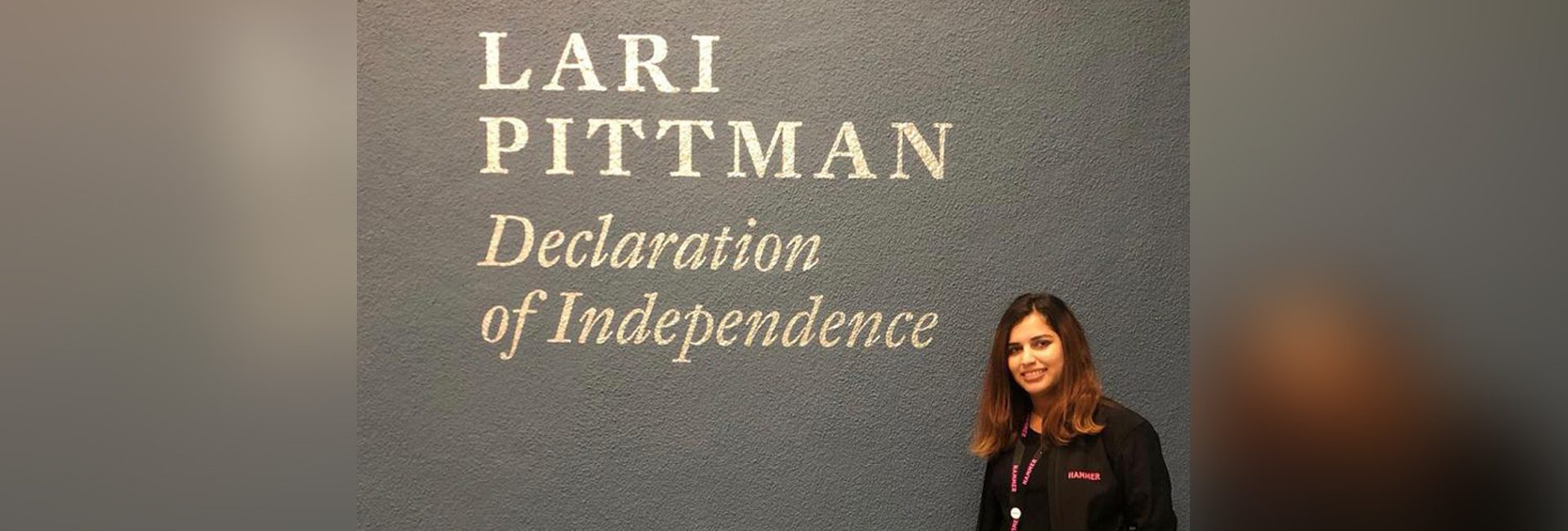


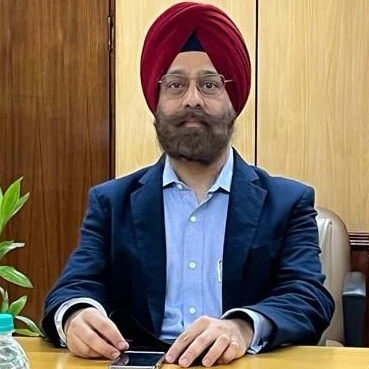 Simmarpal Singh[/caption]
Simmarpal Singh[/caption]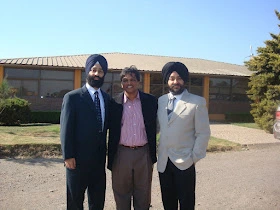 Simmarpal Singh in Argentina[/caption]
Simmarpal Singh in Argentina[/caption]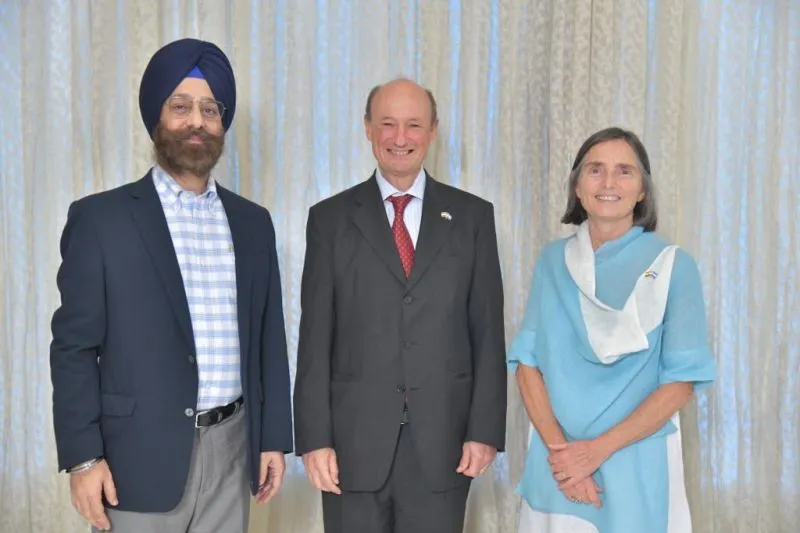
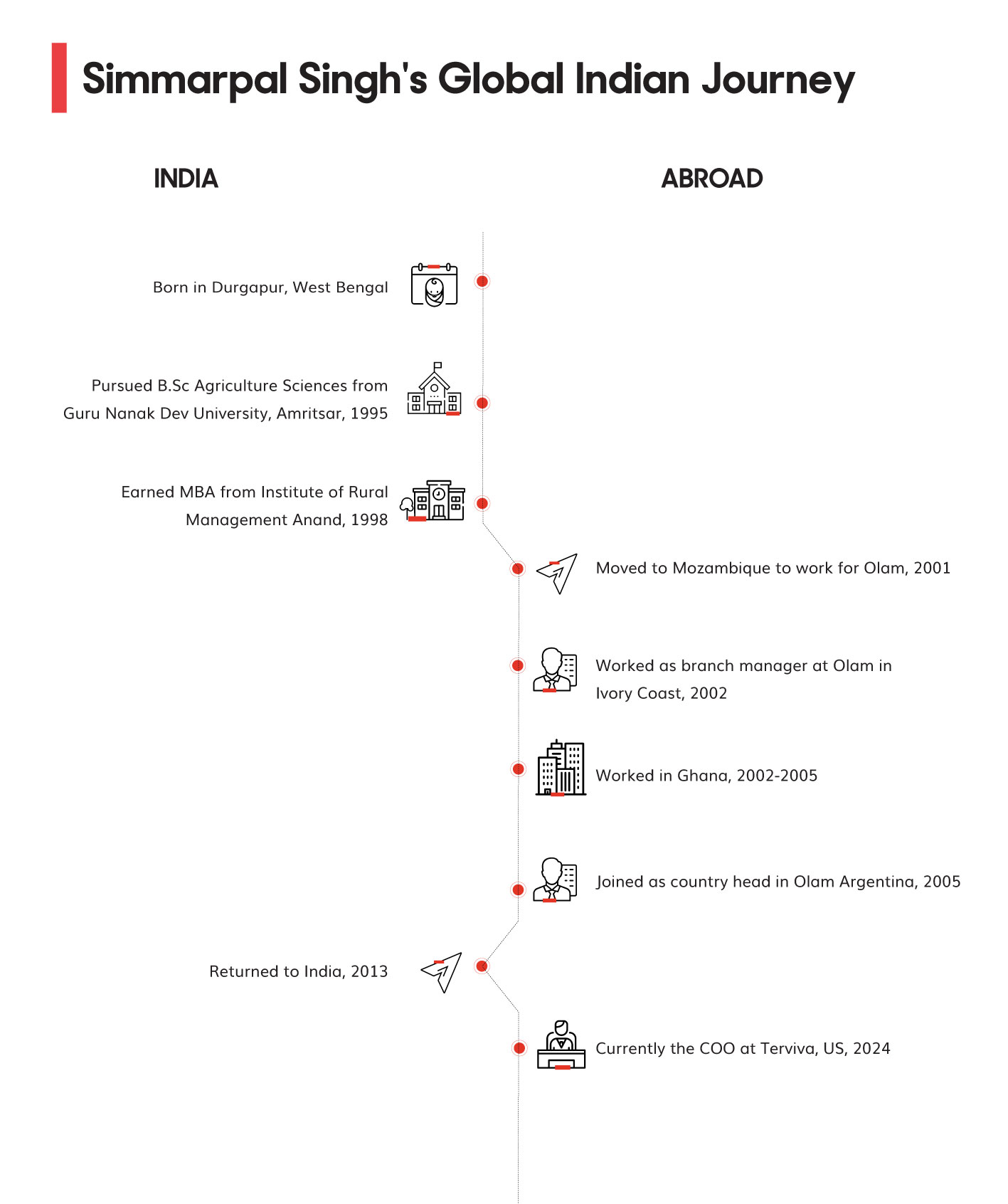
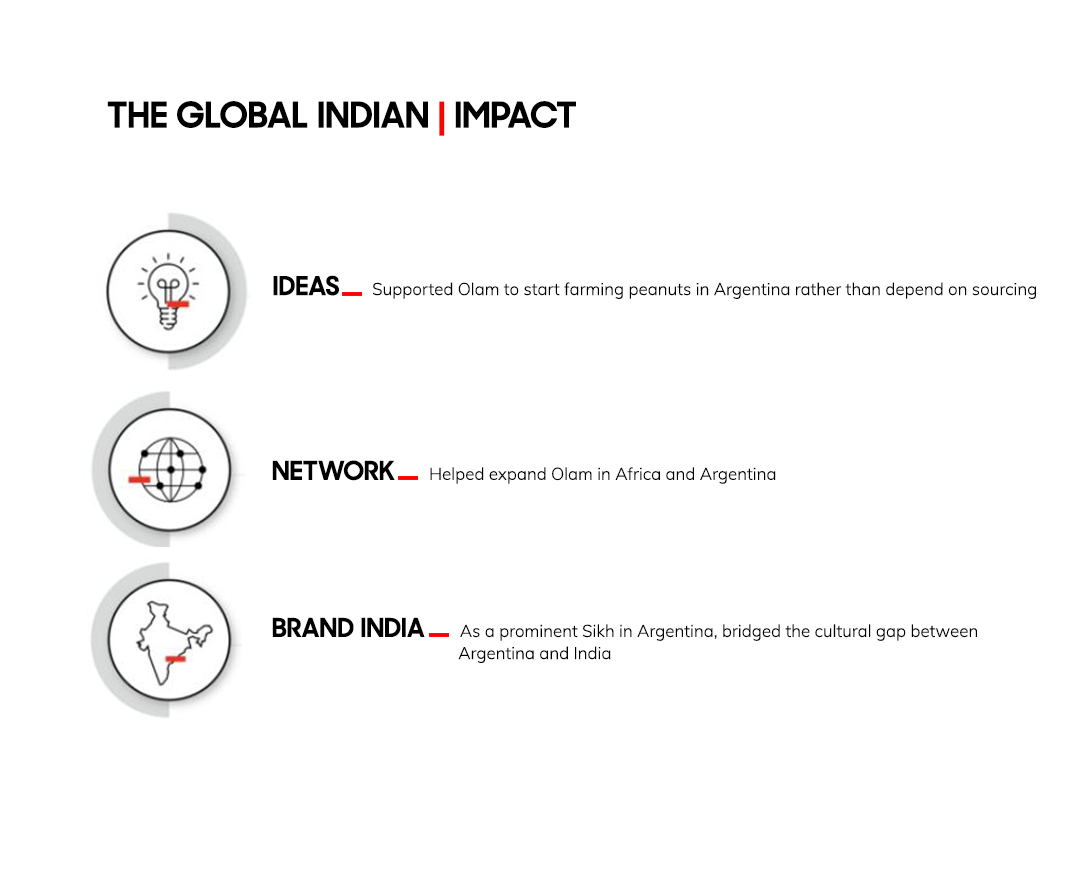

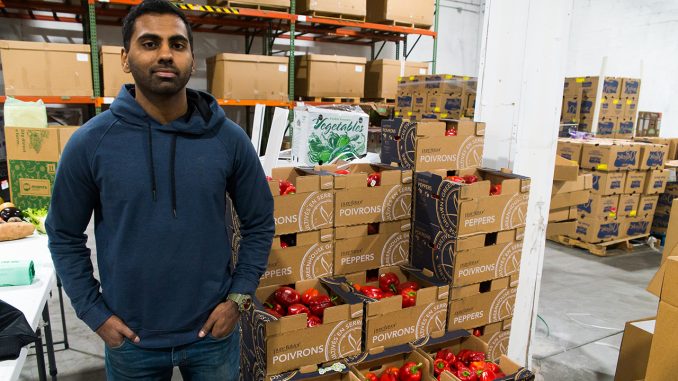



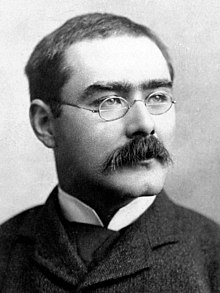 Rudyard Kipling[/caption]
Rudyard Kipling[/caption]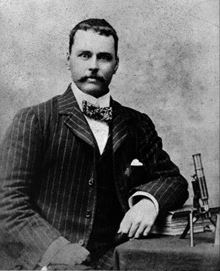 Ronald Ross[/caption]
Ronald Ross[/caption] Julie Christie[/caption]
Julie Christie[/caption] Cliff Richard[/caption]
Cliff Richard[/caption] George Orwell[/caption]
George Orwell[/caption]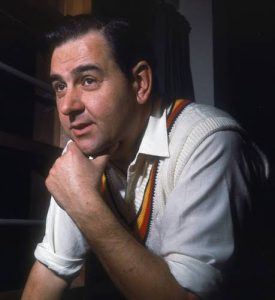 Colin Cowdrey[/caption]
Colin Cowdrey[/caption]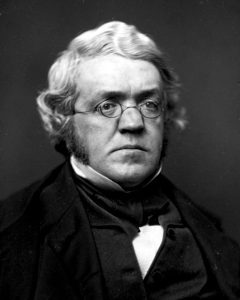 William Makepeace Thackeray[/caption]
William Makepeace Thackeray[/caption] Vivien Leigh[/caption]
Vivien Leigh[/caption]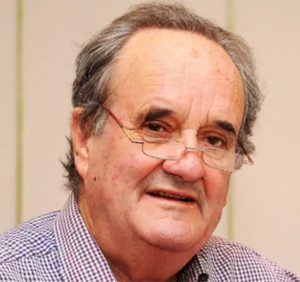 Mark Tully[/caption]
Mark Tully[/caption]

